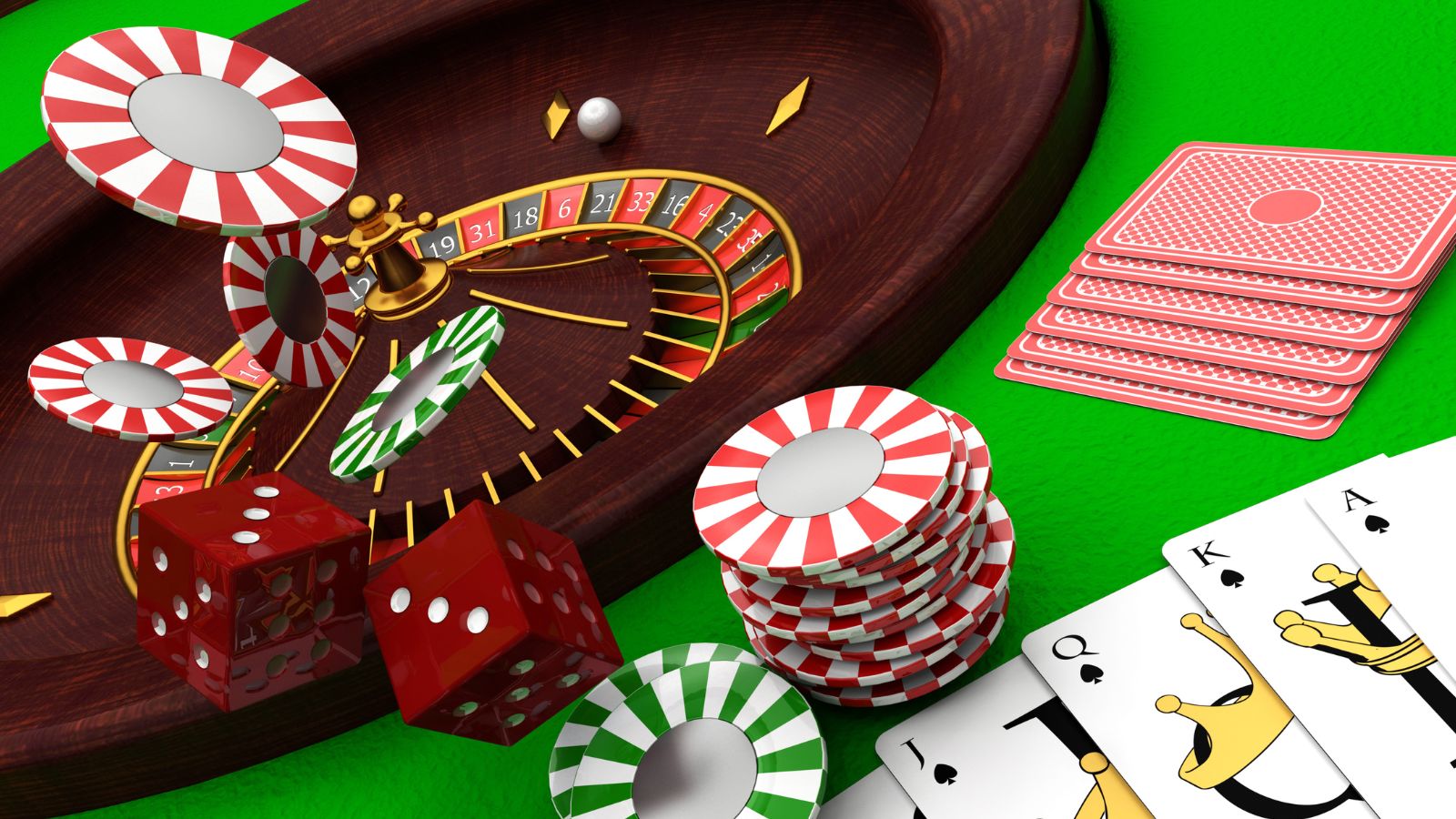Step into a casino and you’re not just entering a place to play—you’re walking into a carefully constructed world. Every detail, from the scent in the air to the direction of the floor tiles, is crafted to guide human behavior. When someone places a bet , they’re stepping into a psychological maze that encourages prolonged play, subtle optimism, and emotional immersion. The power of a single bet lies not in its monetary value, but in the moment it represents: possibility, chance, and temporary escape from control. Casinos are designed to magnify this moment, offering a space where unpredictability feels exciting rather than frightening. These sensations are no accident—they’re the product of behavioral science and strategic design.
Much of casino architecture relies on the concept of “”flow””—creating an environment where visitors lose track of time and space. This is achieved through curved walkways, soft lighting, and the constant presence of sound. Unlike the harsh buzz of a busy street, casino soundscapes are layered with uplifting music, subtle chimes, and the occasional bell that signals a win, however minor. Color psychology plays its part too. Rich reds, golds, and warm ambers evoke a sense of comfort and luxury. These colors have been shown to increase excitement and reduce inhibitions, making players feel more at ease as they move from machine to table. The carpeting, usually patterned and deliberately busy, encourages visitors to keep their eyes up, guiding them to focal points and distractions. Seating in casinos is another example of behavioral design. Chairs are plush and low, encouraging people to stay seated. Machines are ergonomically aligned to reduce fatigue. Even drink service is part of the strategy—free cocktails delivered with a smile help lower resistance, reinforce pleasure, and subtly suggest continued play.

This environment taps into the primal part of the brain that seeks reward through risk. Humans are wired to seek patterns, even where none exist, and the unpredictability of games like roulette or slot machines can create a false sense of control. That moment of anticipation—the spin, the reveal—is often more stimulating than the outcome itself. Despite the sophistication of this design, the appeal of casinos ultimately rests on a very human desire: the pursuit of possibility. The next pull of the lever or flip of the card could change everything, and that tension is intoxicating. For most, it’s not about winning massive fortunes; it’s about feeling that something might happen. In a world increasingly dominated by routine and predictability, the casino offers a space where anything feels possible.


